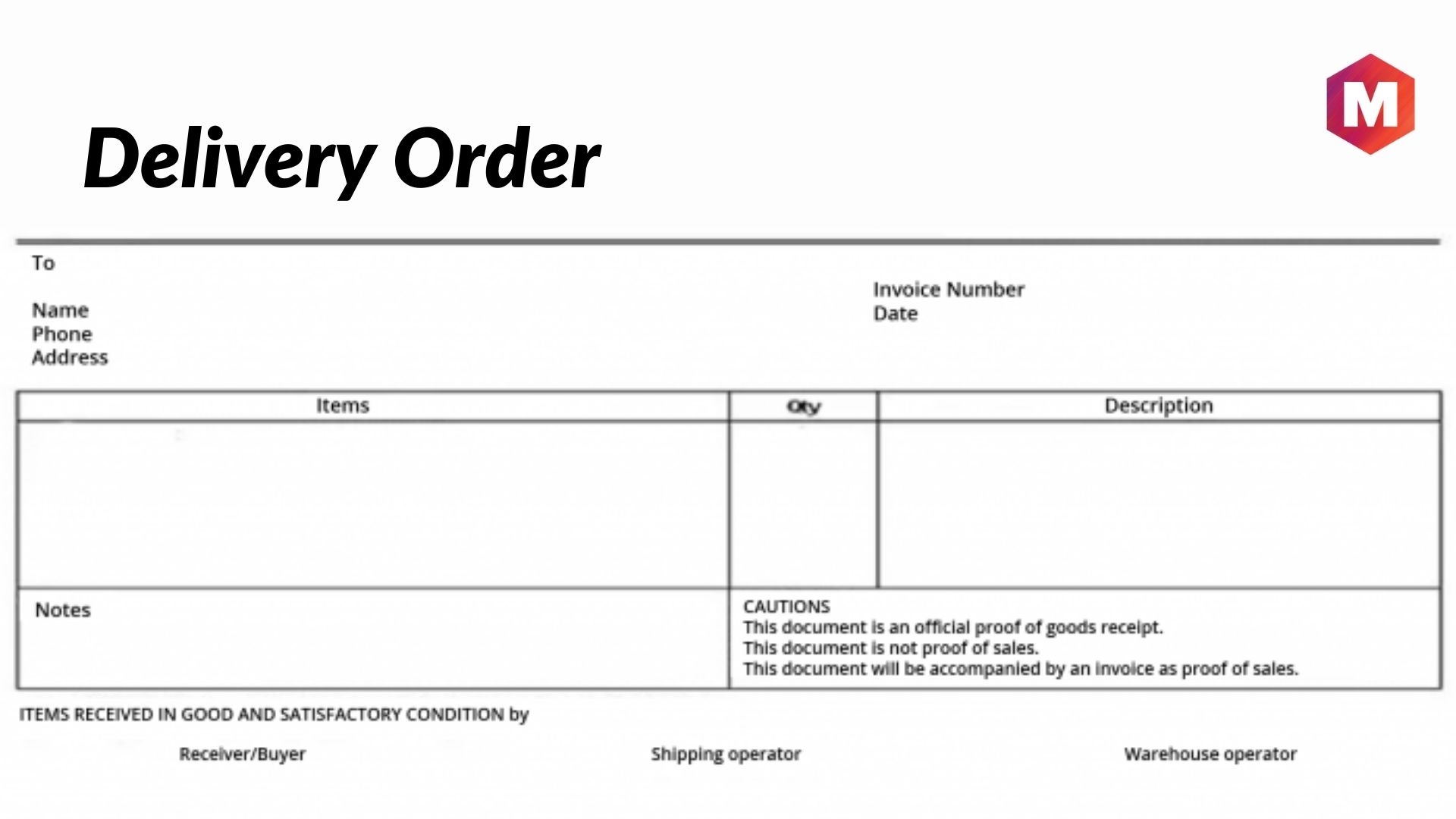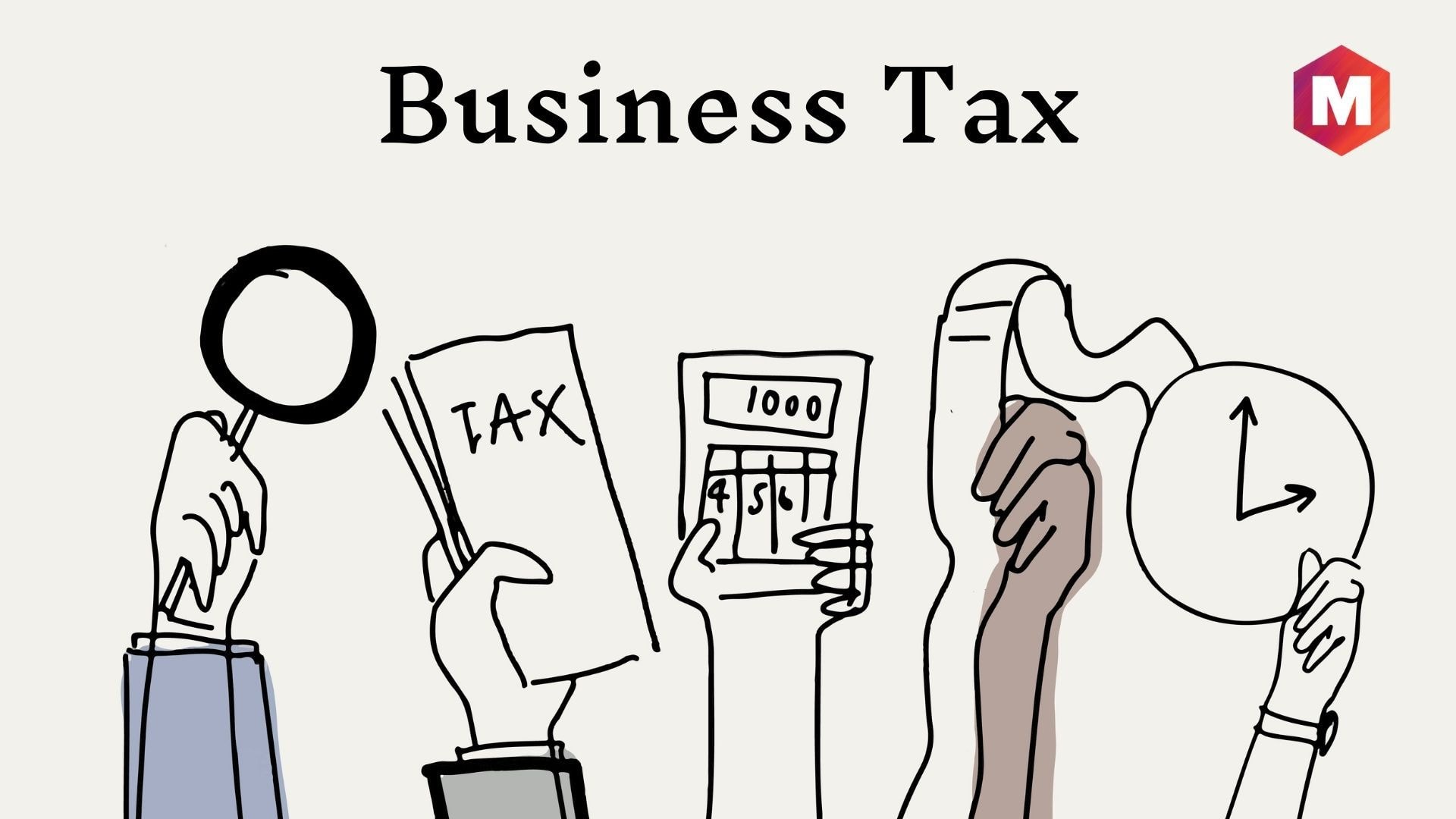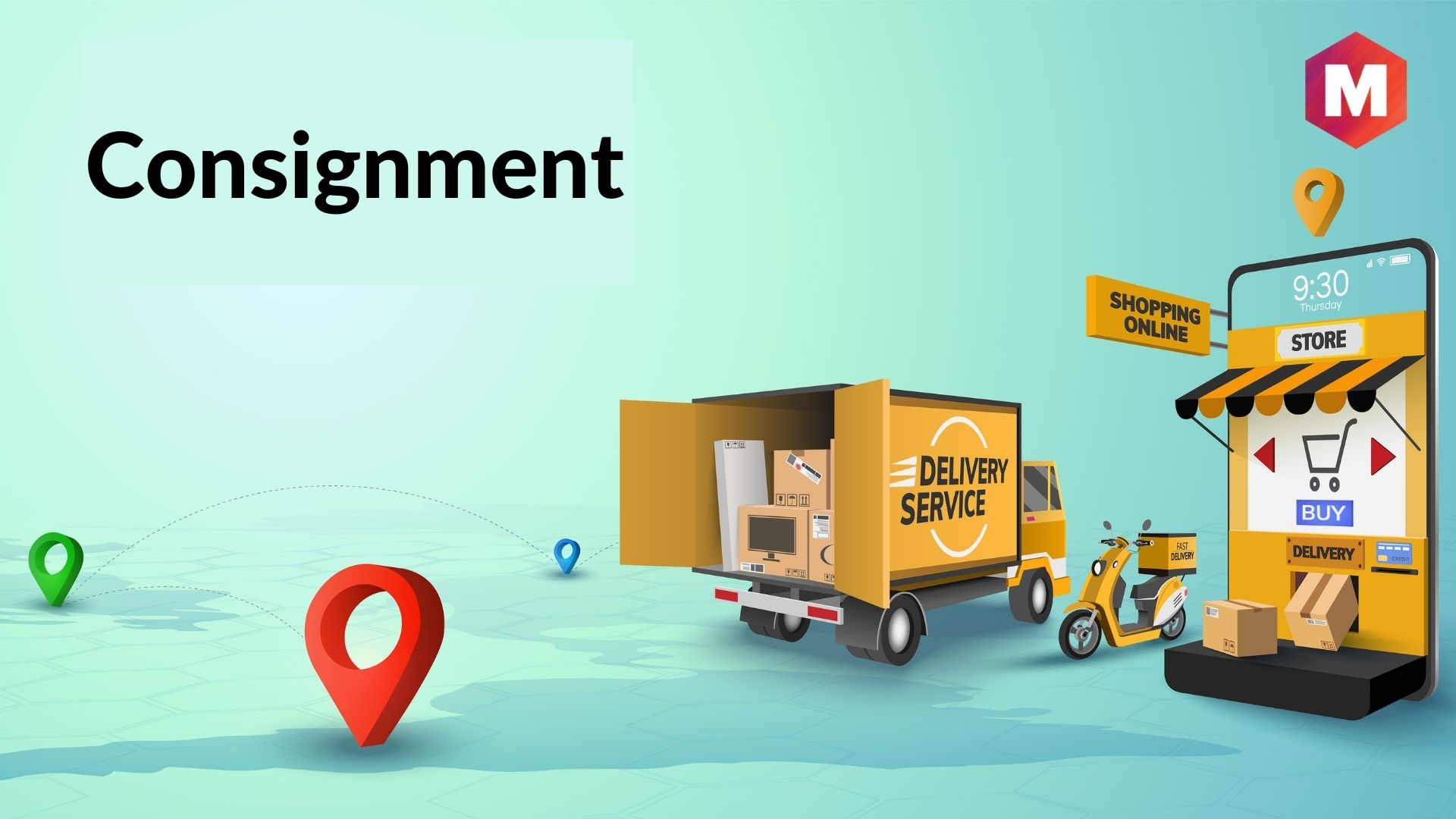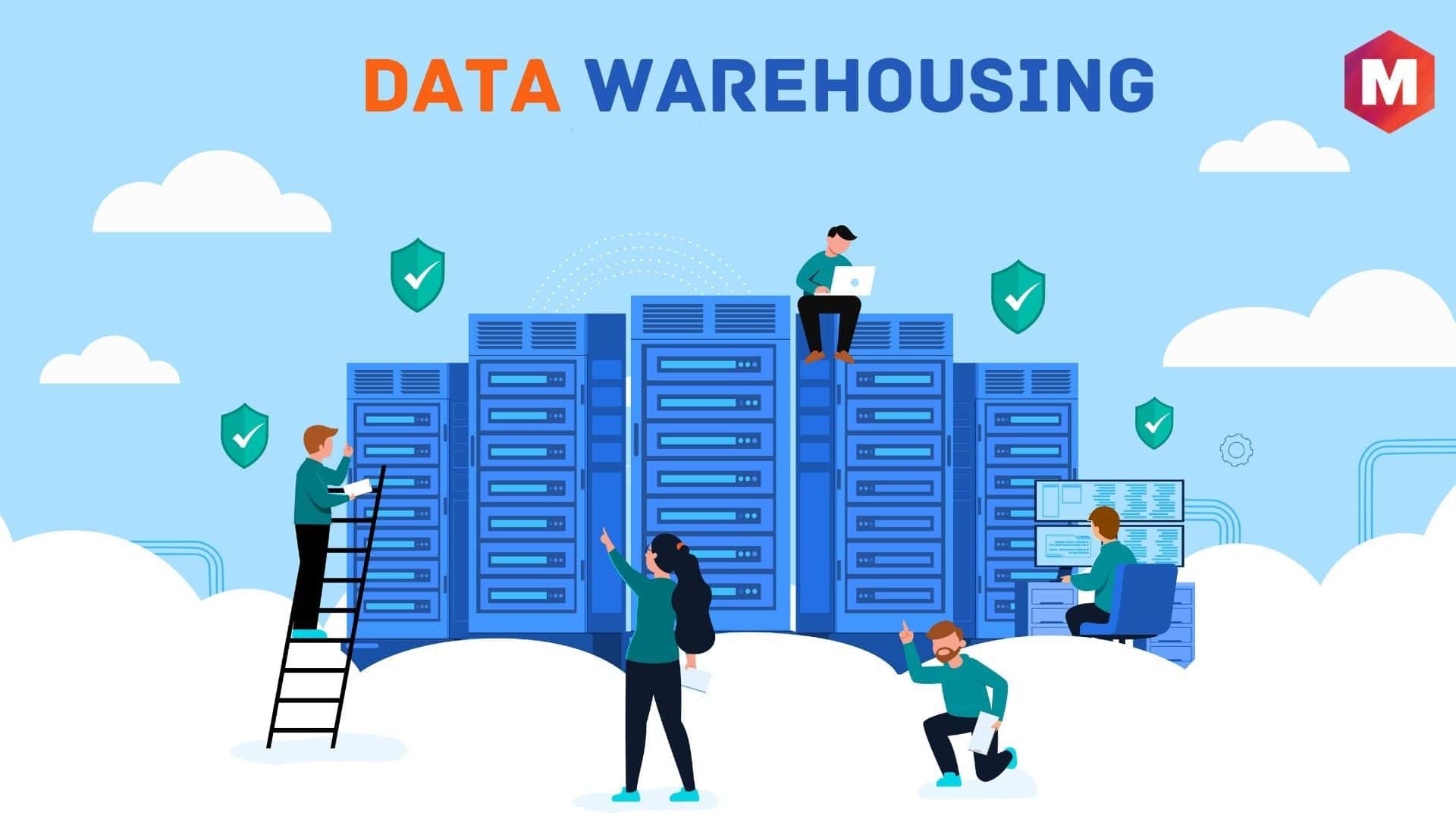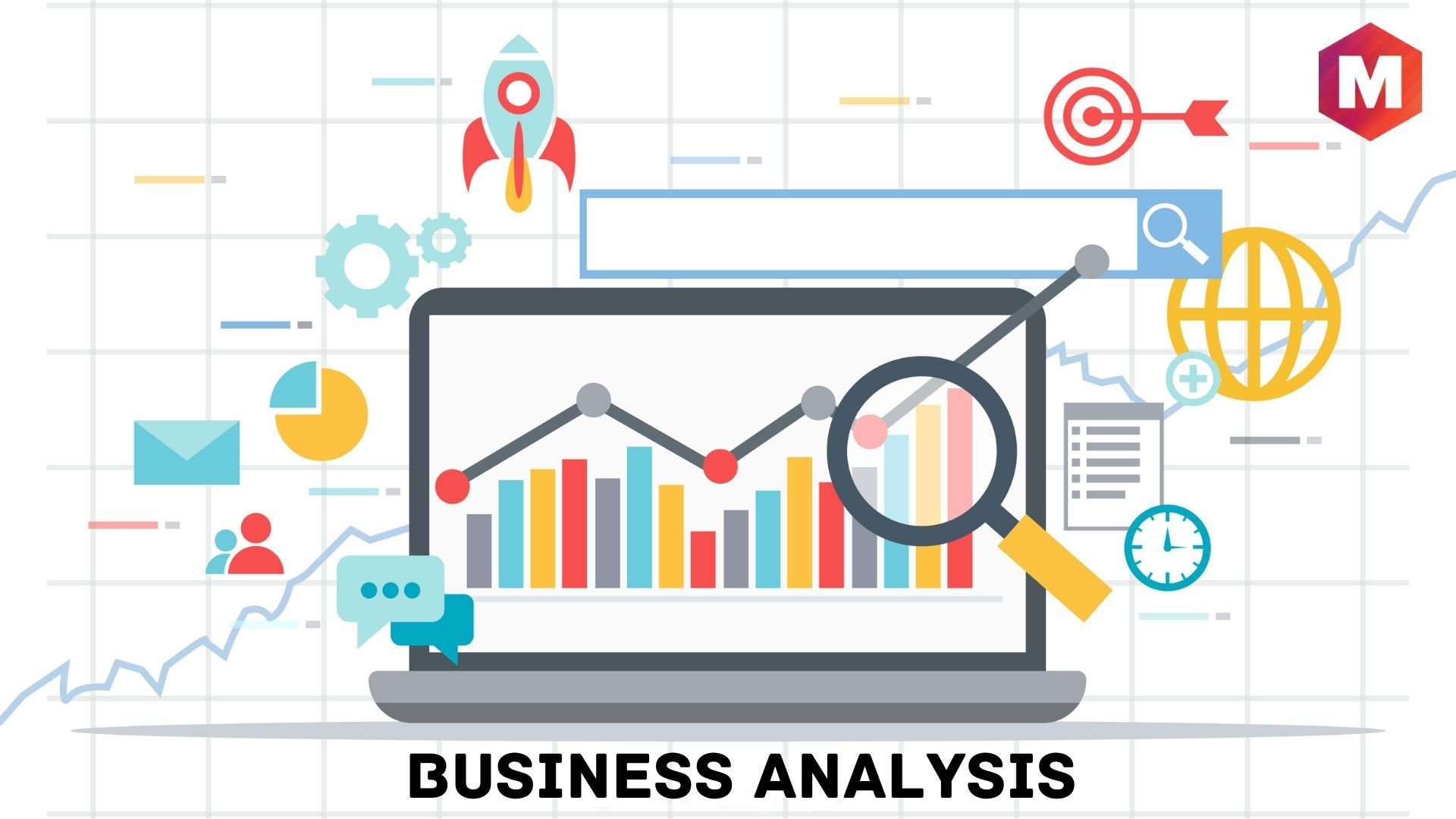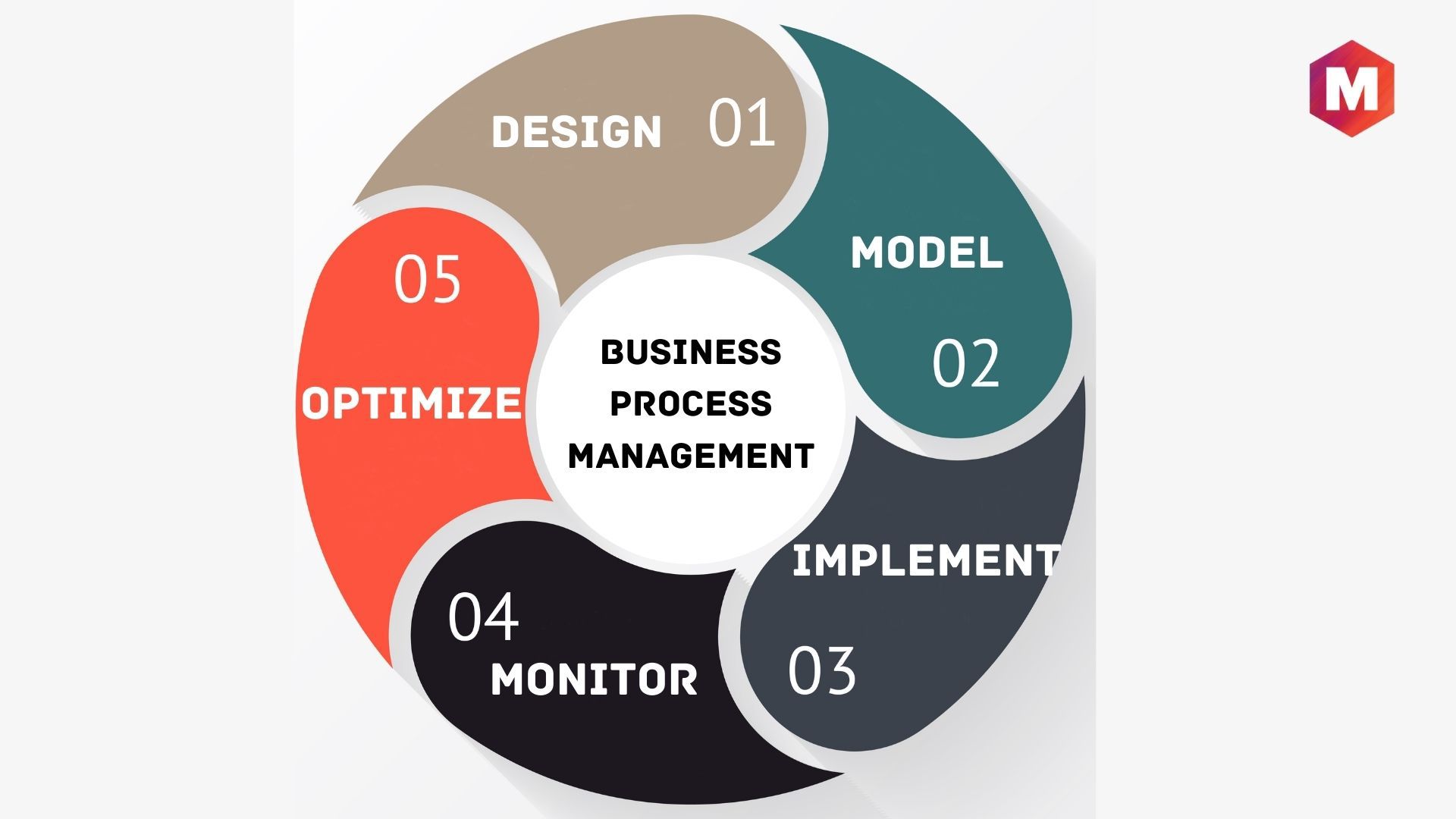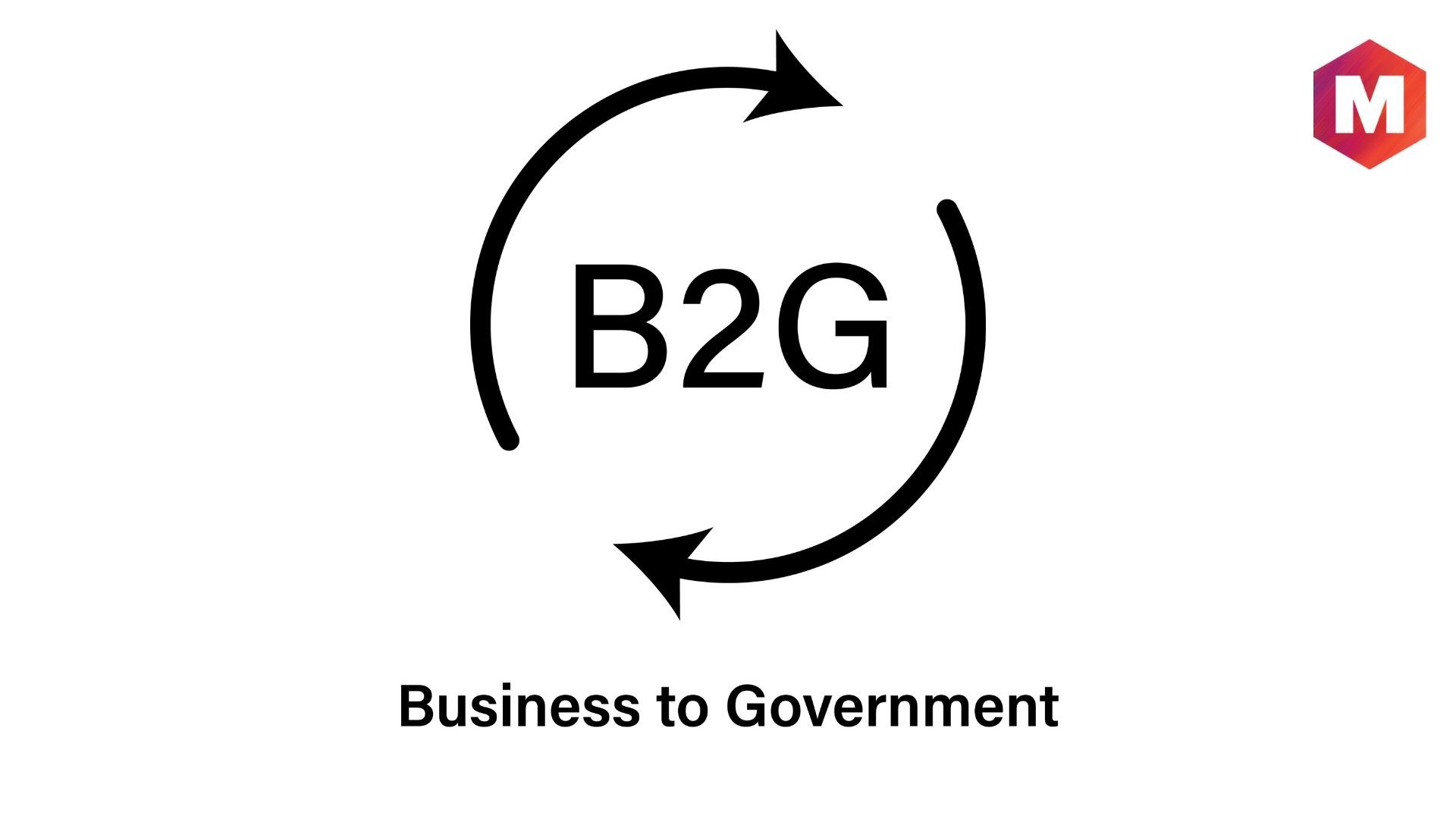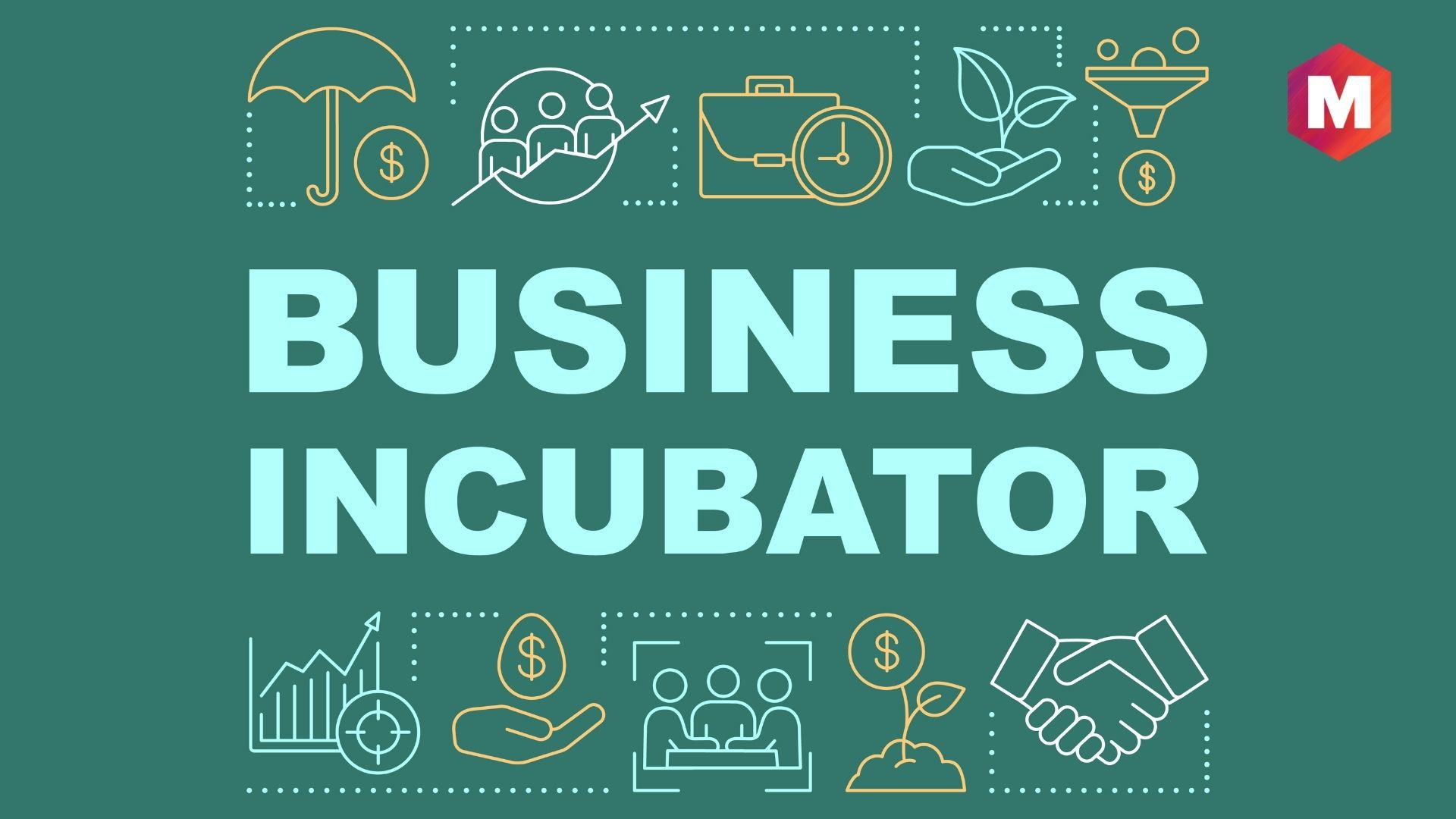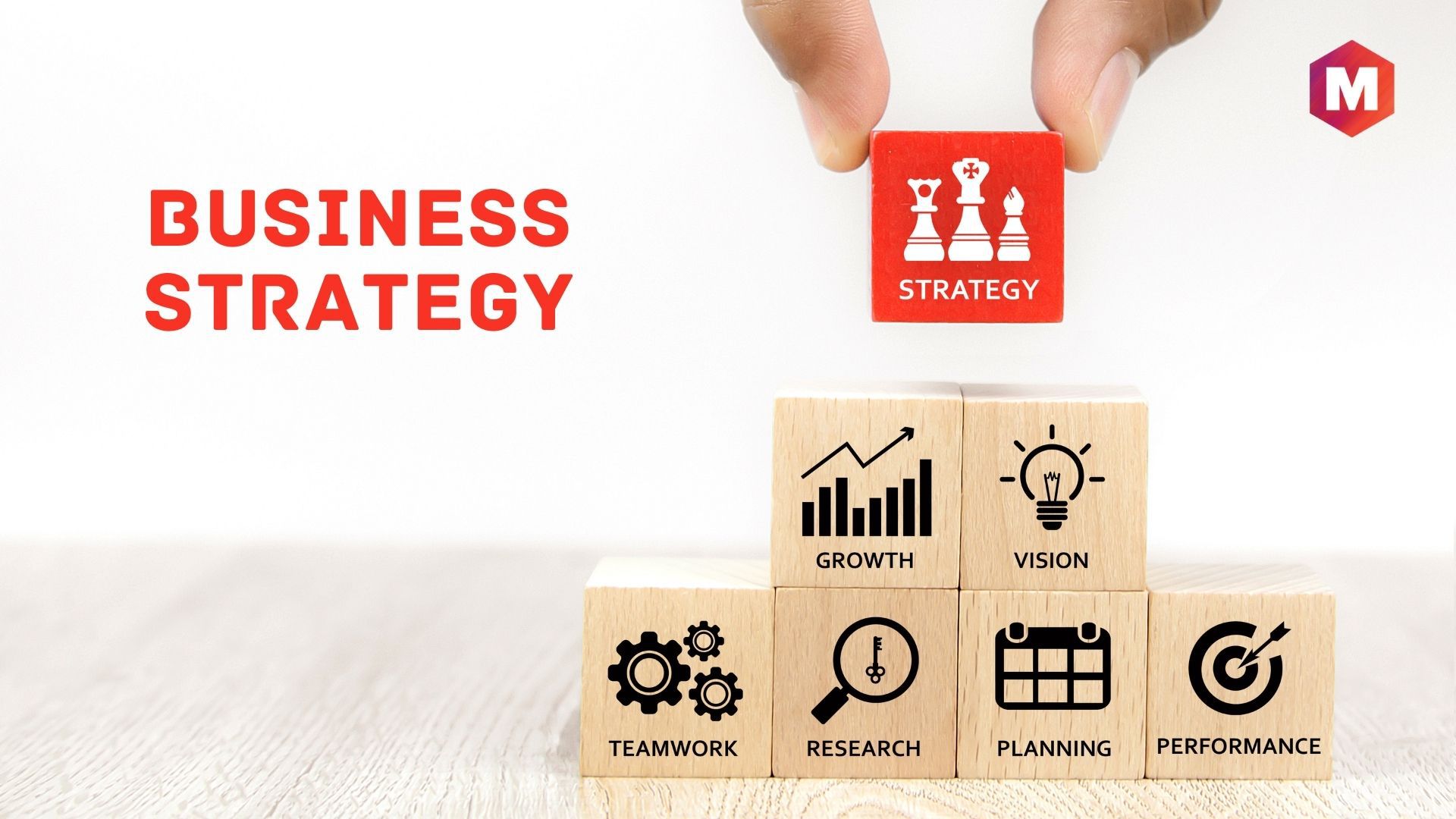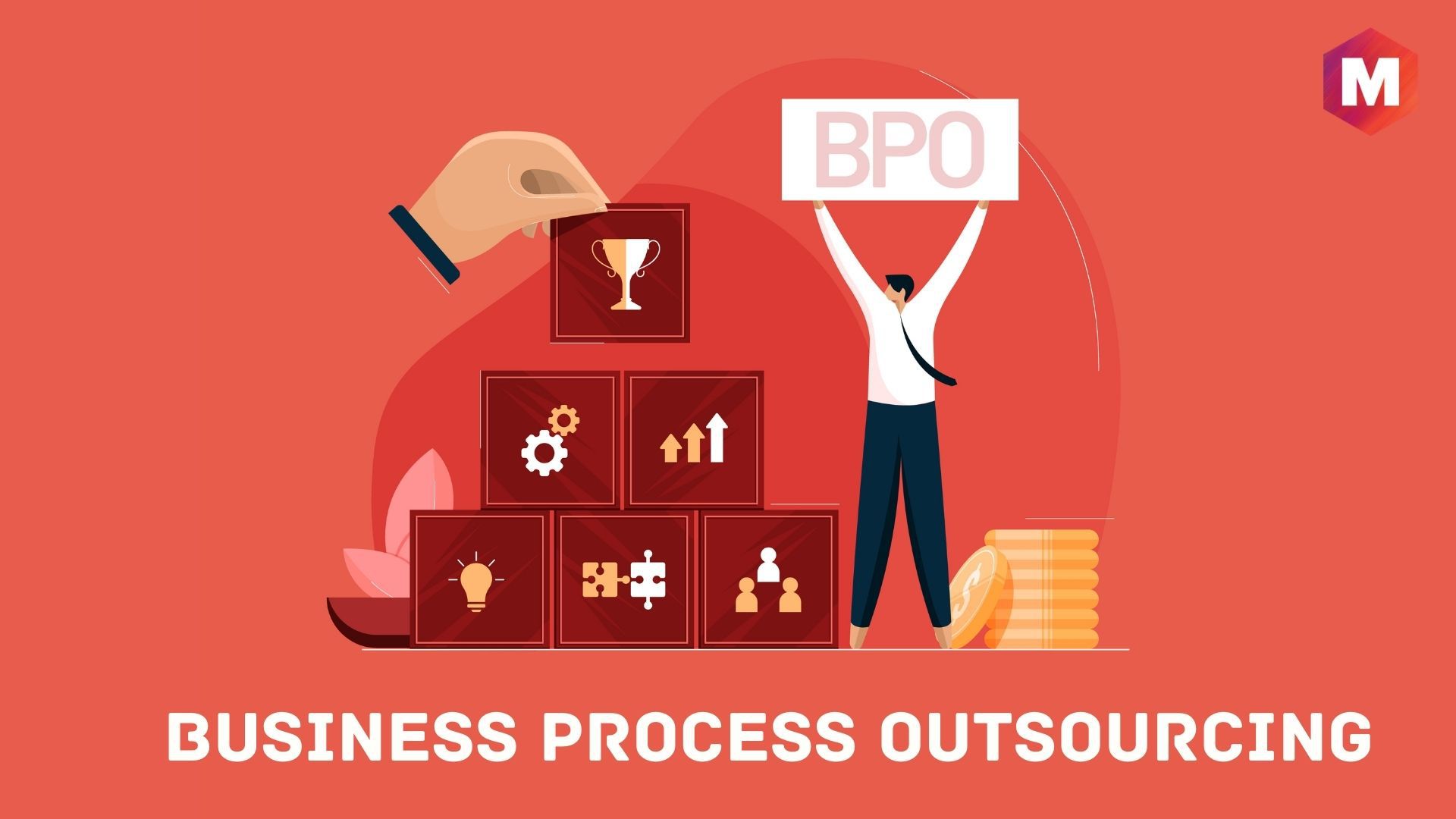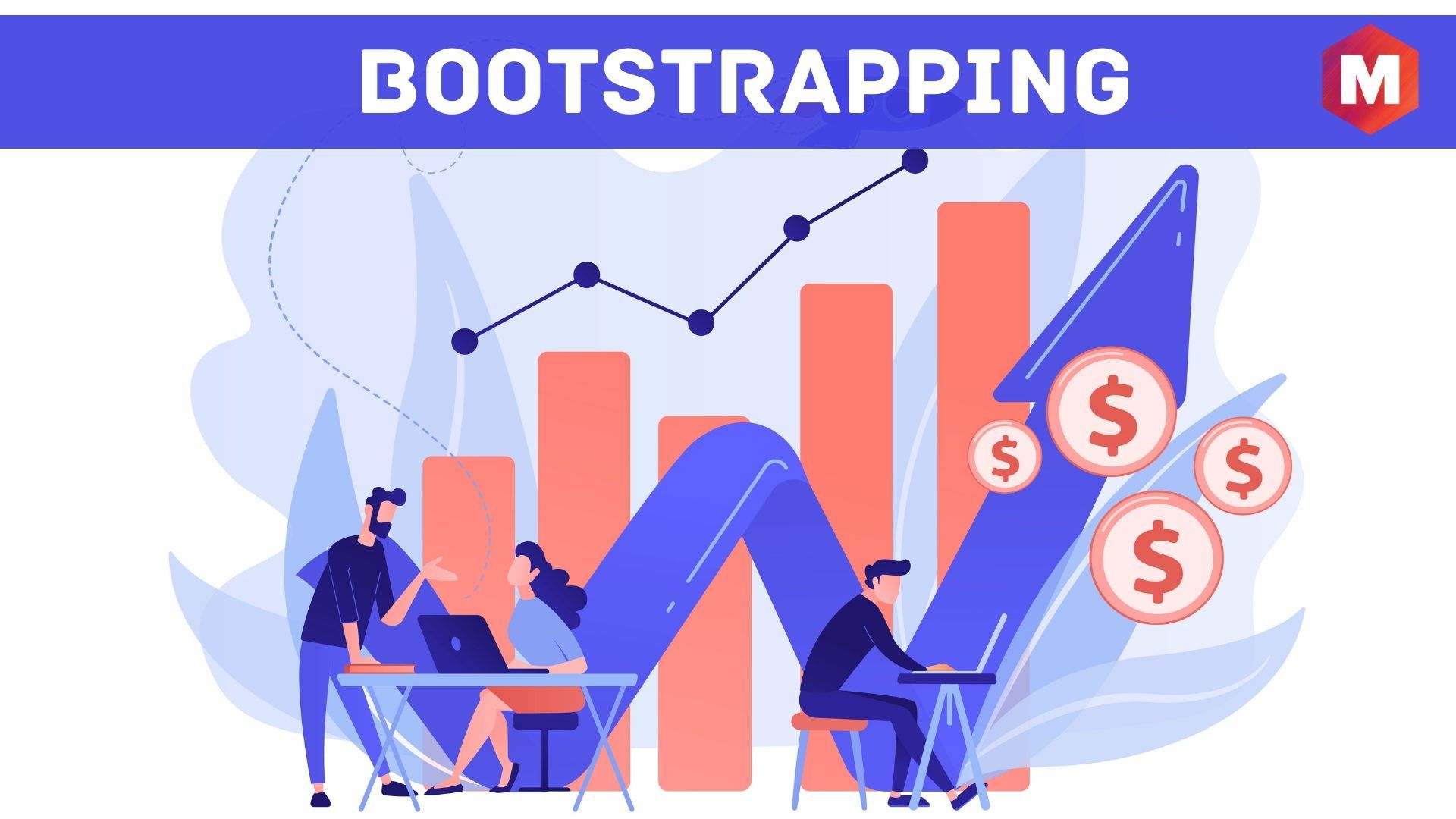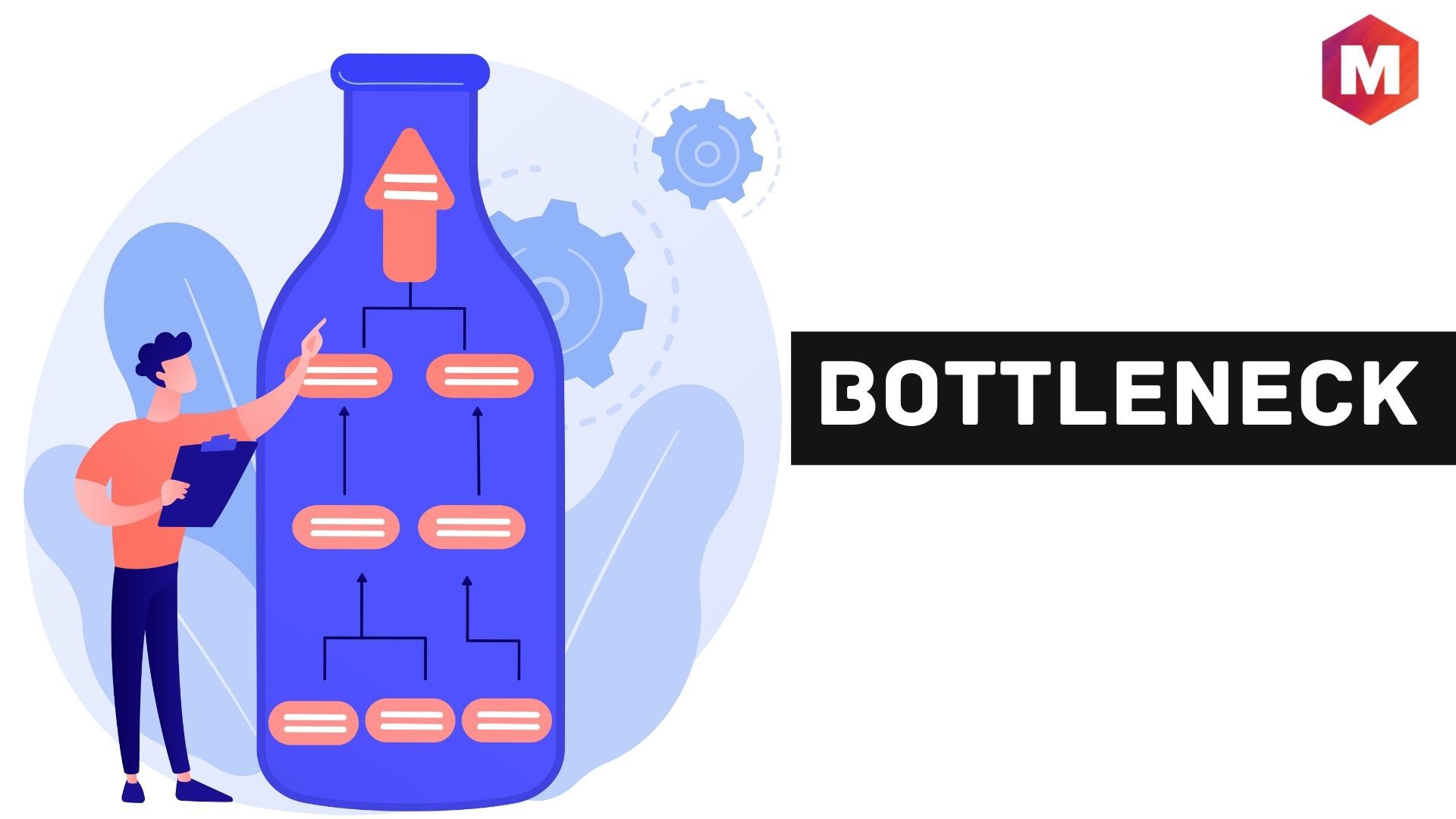A delivery order is a legal document that authorizes the transportation of goods from one location to another. The order is typically issued by the…
Business Articles
The Business category consists of detailed articles on Business Management and is a great place to start your Business Journey.
Buyout – Definition, Types, Advantages and Disadvantages
What is Buyout? A buyout is a process of acquisition and an investment transaction of buying all or a controlling percentage of the shares of…
Business Tax – Definition, Meaning, Types and Calculation
What is the Business Tax? Business tax is a tax on the business income. It is a tax on the profits or capital of companies…
Buy In Management Buyout (BIMBO)
What is A Buy-In Management Buyout bimbo? A buy-in management buyout (BIMBO) is a corporate takeover in which an outside management team joins a company,…
Hard Power – Definition, Meaning and Real world Examples
What is Hard Power? Hard power is the “ability to use military or economic coercion to influence the behavior of another state, group, political body…
Conglomerate – Definition, Benefits and Examples
A conglomerate is a large, diverse company made up of many smaller businesses. Conglomerates are often composed of companies in different industries that operate in…
Consignee – Definition, Example and Types
A consignee is an individual or organization to whom consigned goods are delivered. The consignee is responsible for receiving the consigned goods and making sure…
Consignment – Definition, Advantages and Disadvantages
A consignment is a shipment of goods that are consigned, or entrusted, to a carrier. The consignor (the owner of the goods) entrusts the consignment…
Churn Rate – Definition, Advantages and Examples
Churn rate is the number of people or the rate at which people or customers stop buying products from a particular brand, business organization, or…
Common Carrier – Definition, Importance and Types
A Common Carrier is a person or company who transports goods or people for a company or individual. Common carriers are usually regulated by governments…
Business Markets – Definition, Characteristics and Types
The business markets are the platforms and processes of offering your goods and services to other businesses in order for them to be used as…
Chief Executive Officer (CEO) – Roles, Responsibilities and FAQs
Chief Executive Officer (CEO) is the title of the highest-ranking corporate officer or administrator in charge of the total management of an organization. The CEO…
Chain Store: Definition, Types, Advantages and Disadvantages
A chain store is a retail outlet that is part of a larger company and sells the same or similar products as other outlets in…
What are business metrics? 6 Important Metrics To Track
Business metrics are quantitative measurements of a company’s performance in specific areas of its business operations. Business metrics can be financial or non-financial in nature,…
Data Warehousing – Definition, Types, Advantages and Disadvantages
Data warehousing is a process of collecting and managing data from various sources to enable more effective decision-making. Data warehouses provide a central location for…
Brinkmanship – Definition, Examples and Tips
Brinkmanship is a negotiation style in which one party tries to achieve favorable outcomes by letting a situation reach the brink of disaster before finding…
Business Analysis – Definition, Techniques and Role of Analyst
Business analysis can be understood as a research discipline that helps you in finding the business needs and identifying solutions to a variety of business…
Business Design – Definition, Importance and Features
Business design is a process of designing a profitable business model by incorporating design thinking to put customers at the center of the design. Business…
Business Management – Definition,Tactics and Styles
Business management is the process of coordinating and organizing business operations and activities. A business management professional is responsible for helping the organization to thrive…
Business Process Management (BPM) – Definition, Importance and Examples
Business process management is the inclusion of methods and systems used for discovering, modeling, analyzing, measuring, improving, optimizing, and automating business processes. Business process management…
Business to Government (B2G) – Definition and Advantages
Business to government B2G is the business model that refers to the relationship between a business and government agencies and institutions. In this, businesses sell…
Brick and Mortar – Definition, Meaning and Examples
Brick-and-mortar is a traditional business model that incorporates a physical store where customers can physically come and purchase the items of their choice. Brick and…
Cash on Delivery (COD) Definition – Examples, Pros and Cons
Cash on delivery (COD) is a payment method in which payment for an order is collected when the associated product is delivered to the customer….
Cash Discount – Definition, Advantages and Disadvantages
A cash discount is a reduction offered by a seller at its product’s price when the buyer makes payment right away or within the given…
Business Operations – Definition, Importance and Tips
Business Operations are a wide variety of activities that a company does on a daily basis to keep it functioning and profitable. Therefore, businesses make…
Capital Goods – Definition, Types and Examples
Capital goods are those products or goods that are bought and then again used by businesses or companies for producing consumer goods or offering services…
Capital Intensive – Definition, Advantages and Disadvantages
Capital intensive is the processes or industries that need enormous capital investments in plants, tools, machinery, etc to create products or services in high volumes…
Business Banking – Definition, Importance and Characteristics
Business banking is the financial interaction of a business with a banking institution or financial institution that offers different banking services like business loans, savings…
Business Incubator – Definition, Importance and Types
Business incubators are the programs, companies, or workspaces especially designed to help young startups or new ventures get access to all the resources and services…
Business Expenses – Definition, Examples and Types
Business expenses are the expenses or the costs incurred by a business for running all its operations. It is the money spent for the ordinary…
Business Economics – Definition, Features and Types
Business economics is an applied economics field that utilizes economic theory and quantitative methods for planning and implementing business practices. An economic theory includes different…
Business Impact Analysis – Definition, Importance and Types
A business impact analysis is a disruption analysis process used to determine how interruptions or disruptions may impact the critical business processes or key business…
Business Angel – Definition, Characteristics and Types
A business angel is a wealthy individual who invests his or her money in the initial phase of a business by taking an equity stake….
Business Writing – Definition, Principles, Types and Tips
Business writing is a type of written business communication used in a professional setting by defining the reader, then purpose, and finally providing information that…
Business Strategy – Concept, Elements and Examples
A business strategy is a plan of action or an outline of steps developed by an entrepreneur to achieve certain business goals and objectives. It…
Bidding – Definition, Types, Examples and Tips
Bidding is a competitive offer or price tag that an individual or business sets to compete for the contract of an item, asset or project…
Business Process Outsourcing – Definition, Benefits & Types
Business process outsourcing is an outsourcing method or subcontracting method that lets a company employ third-party service providers or third-party vendors for carrying out one…
Bootstrapping – Definition, Process and Examples
Bootstrapping is the process of building a company or establishing a business from the ground up just by using personal savings. It is the process…
Business Intelligence – Definition, Importance & Advantages
Business intelligence is a system that includes procedures and technical infrastructure to leverage software and services for transferring data into actionable insights to empower strategic…
Bottleneck – Definition, Types and Example
A bottleneck is a situation when a production, processing, or service system reaches a congestion point where workloads arrive much faster than the system’s efficiency…
